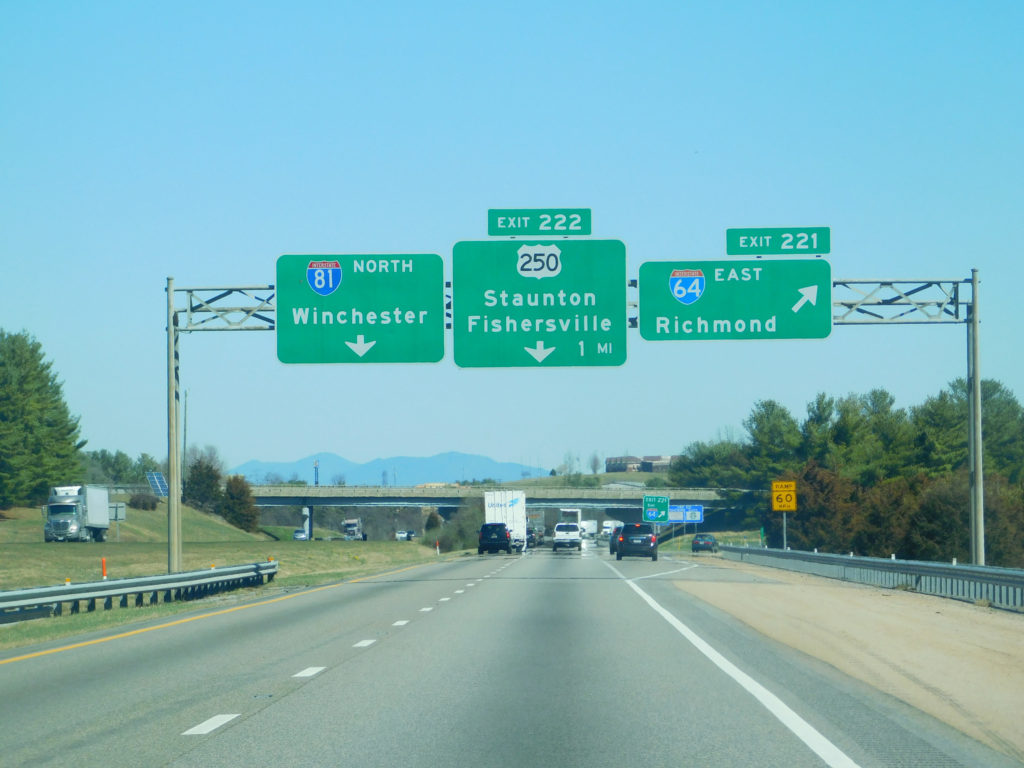Late last year, Virginia transportation officials unveiled the Interstate 81 Corridor Improvement Plan, a report that details the problems along the 325-mile-long highway and 105 “immediate” projects that had an estimated price tag of $4.25 billion. However, due to funding challenges, the Commonwealth is left to focus on just 72, with a cost of around $2.2 billion.
At the onset of the 2019 General Assembly session, lawmakers took action to introduce legislation to pay for much-needed improvements by tolling drivers. The proposed rates were 11 cents a mile for cars and 17 cents a mile for trucks.
Delegate Steven Landes (R-Weyers Cave) was a patron of the original toll legislation, but after getting widespread pushback, he changed course on funding measures.
Landes’ bill, which passed the House of Delegates and is now being considered by the State Senate, will institute a committee staffed with lawmakers, transportation officials, and local planners along the I-81 corridor. The goal will be to study what drivers will tolerate when it comes to paying for roadway improvements.
According to H.B. 2718, I-81 carries 42 percent of all truck vehicle miles traveled in the Commonwealth, with trucks providing up to 30 percent of all traffic along the corridor. Moreover, there are over 2,000 traffic accidents each year on the highway, 30 of which require more than six hours to clear.
Teamed with a lack of parallel routes, a high volume of truck travel, and unsuitable traffic management systems, the I-81 corridor “does not meet the needs of the surrounding communities,” and “current statewide transportation revenues are insufficient to implement necessary improvements.”
Nevertheless, the newly-formed Interstate 81 Committee will review the Interstate 81 Corridor Improvement Plan adopted by the Commonwealth Transportation Board (CTB) on December 5, 2018, as it relates to funding options for improvements to I-81 and the prioritization of those projects. Before the committee reports its findings to the governor and General Assembly by December 15, 2019, they will hold regional public meetings on options for funding and improvements and seek input from the public and other stakeholder organizations.

